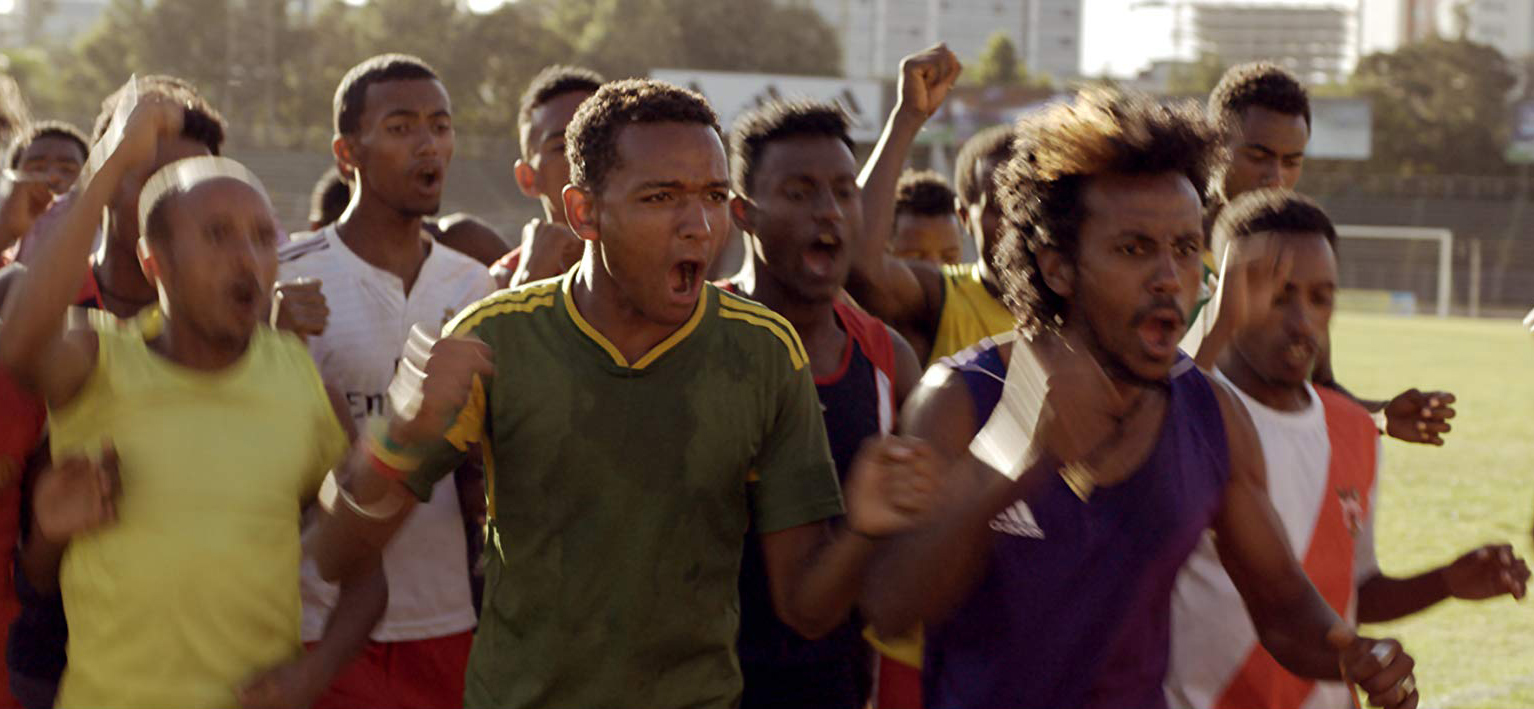
- Golden Globe Awards
Running Against the Wind (Ethiopia)
Running Against the Wind, the Ethiopian drama film by German director Jan Philipp Weyl focuses on the lives of two brothers who dream large and spend the rest of their lives pursuing their dreams. Abdi (Ashenafi Nigussu) wishes to one day become a long-distance runner while Solomon (Mikias Wolde) desires nothing more than to become a professional photographer.Early in their childhood, the two brothers part ways. Solomon escapes his small home town in the Oromia Regional State eager to make his way to the largest city in Ethiopia: Addis Abeba. Upon his arrival in the capital, he is immediately faced by the coldness and indifference that the city has to offer. With the inexperience and innocence of his soul, he soon ends up on the streets. Meanwhile, Abdi stays in his own town, becomes an amateur athlete and lands an opportunity to train to become an Olympic runner in Addis Abeba, hoping to follow the lead of local Ethiopian legend and gold medalist Haile Gebrselassie (who has a cameo in the film). Once adults, the two brothers ultimately reunite when they cross paths in the big city; nonetheless the roughness of the streets and the complexity of success loom to disrupt their camaraderie once again.The film is based on a realistic concept, for too often children from all parts in Ethiopia arrive in the big city with high hopes. But due to the economic circumstances, their dreams are often crushed and most end up in the slums, poor and defeated. Not knowing when or where their next meal is going to come from, these kids become petty criminals in order to survive and make a living. There are no shelters provided to sleep in so they begin searching for and using hallucinogens, not just to keep themselves warm but also to protect themselves against the harsh reality of their lives. These children live an underprivileged life, yet they survive.Running Against the Wind gives a clear portrayal of the vicious lifestyle that these children struggle with daily, neglected by both government and civil society.Through the eyes of these two young men, who are willing to fight for their dreams and goals no matter what, Weyl wanted to illustrate the traditional values that this country holds. It is the director’s desire that his two main characters, who are struggling to reach their aims and desires regardless of their life circumstances, will inspire many generations from all over the world. Weyl’s film is shot in Ethiopia’s native language Amharic, with polished cinematography and impressive production design.

